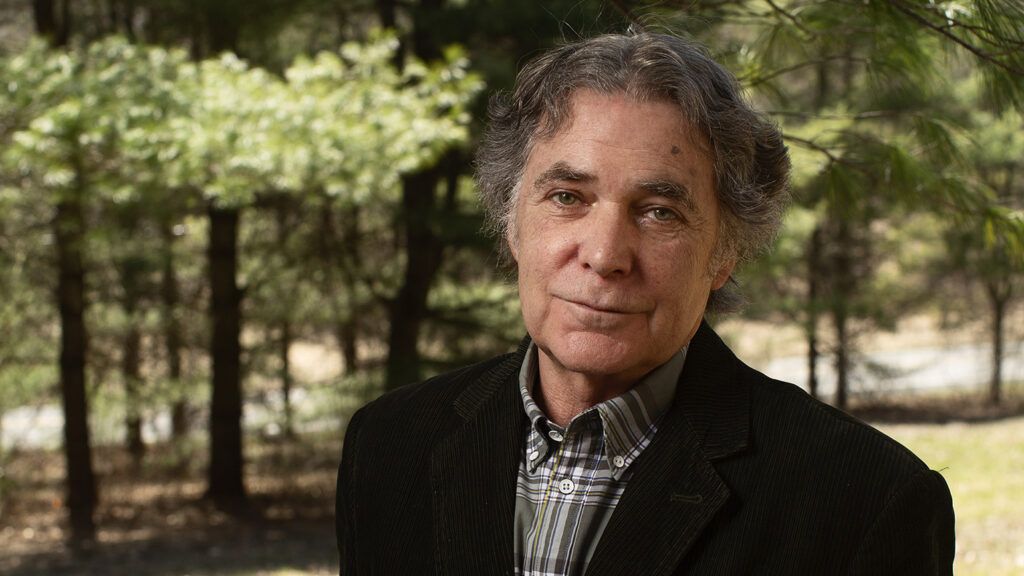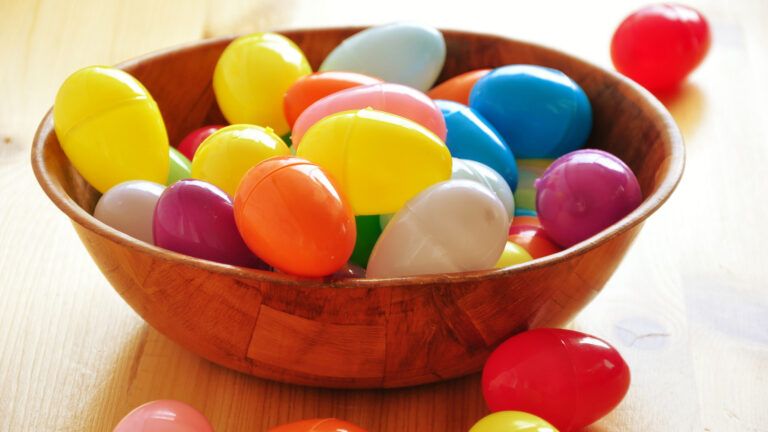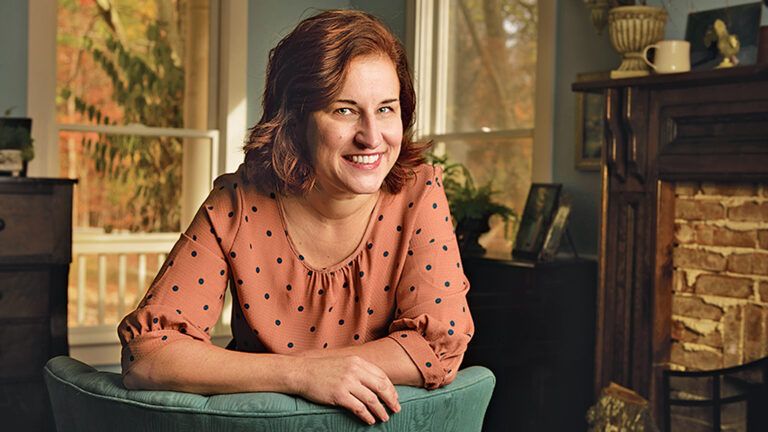April is a month full of memories, especially of my mother who died in April. As I finish writing the book on my family’s struggle with Alzheimer’s I thought I’d share one of the last moments I spent with her. Though it was 22 years ago, it is as clear as yesterday. Maybe that’s because it has taken me this long to write about it, to find that focus. Let me know what you think.
As a teen, Saint Jude was the bane of my existence. Not the saint himself, mind you, but a statue that repeatedly appeared in my room compliments of my mother. Jude is known to Catholics as the patron saint of lost or hopeless causes. His first appearances came when I was a severely asthmatic child and would often sit up half the night trying to catch my breath and trying just as hard not to call out for my mother. She was tired and had my brother Bobby, who had Down syndrome, to care for and I didn’t want to disturb her.
I would have taken all my potions and inhalers and an extra dose of a bronchodilator that also happened at that time to be a pill laced with phenobarbital since the active ingredient was a stimulant and, in any case, asthmatics were thought to be high-strung to begin with. Well, you’d be high-strung too if you couldn’t breathe. At any rate, I was unknowingly addicted to barbiturates at a very young age, which may explain some of the difficulties I had later in life and how my brain may have developed the way it did.
That’s when Mom first put the statue of Saint Jude on my dresser. I didn’t quite know how I felt being categorized at age eight as a hopeless case. It was a little scary. Still, the statue provided some comfort on those nights I sat on the edge of my bed wheezing sometimes ’til dawn.
I never grew out of my asthma as our family doctor assured us that I would, but I improved and learned to live with it. By my teen years I was already beginning to drink and worse. I tight-roped bad behavior with good grades and got away with a lot more than I had any right to. That’s when Jude made a reappearance on my dresser. “What are you doing here?” I snapped and promptly exiled him to a hall closet. My mom was back to her old tricks.
A day or two later he reappeared. I found a sneakier place to hide him but alas it was no use. He kept coming back. It became a game we played. Where’s Jude? I finally gave up and until I left for college Jude dwelled in my room, though I turned his face to the wall and hung some anti-war beads on him.
Years later, after Mom moved into her memory care unit, I was rummaging through some things in her house since we would soon have to sell it when I unearthed him from a bunch of junk of mine that Mom had saved. His right hand, which held up two fingers, had been amputated at some point, and a chip in his hair made him look balding. His iconic green cloak was reasonably well-preserved. I smiled. I knew just what to do with him.
Now, as my mother lay dying, he occupied a spot on her nightstand as he once had mine, just a statue bought many years before at a religious gift shop, one of who knows how many others, thousands probably. It was not imbued with any powers in and of itself, but with a telling history between us of both hopelessness and hope.
“Remember that war we used to have over Jude?” I asked, not really expecting an answer. “Well, he’s here in your room now, Mom. Checkmate.”
I slipped an ice chip between her lips, and her eyes opened. Maybe she understood. I’d been spending these days mostly in her room reading while she slept. Sometimes she would stir in her sleep, and I wondered if she dreamed. How do you dream without memories? Or are the deepest, most indelible ones set free in sleep?
All of the sadness I felt was momentarily swept away by a sense of gratitude. To be here sober, to be here when so many times I wasn’t, to be here for someone who was always with me in prayer if not in person, whose love for me never faltered no matter how I tested it. Love that was as strong now as it ever was because that was all that was left.
I knew how unfair it was to unburden yourself to the dying, but I couldn’t help it. “I don’t know how to say I’m sorry for all the terrible stuff I put you through, all the trouble I caused. I wasn’t an easy kid, was I?”
The corners of her mouth seemed to turn ever so slightly into a smile. Or at least I wanted to believe that. I wanted to believe in angels and grace and heaven and a life beyond this tangle of neurons and evaporation of memory, this seeming loss of self.
“I love you,” I said. “I’ve always loved you no matter how I’ve acted. And I always knew you loved me even when I wouldn’t love myself.”
She raised her head slightly, slowly. Her lips moved and she said the last word I would ever hear her say, softly but clearly.
“Love.”





